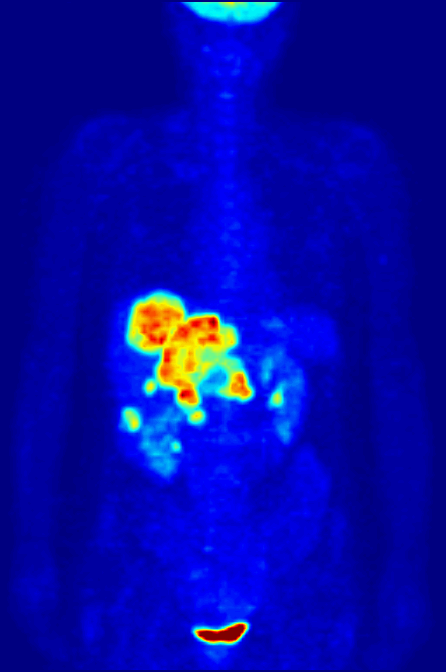Innovative No-Alcohol Wine Process Launched by Treasury Wine Estates

In a groundbreaking development for the wine industry, Treasury Wine Estates (TWE), one of the world's largest wine producers, has announced the launch of a new facility in the Barossa Valley, South Australia, aimed at producing no and low-alcohol (NOLO) wines without compromising on taste. The facility, which represents a $15 million investment, introduces a patented process that captures the complex aromas essential for wine flavor, a significant hurdle that has long challenged winemakers in the NOLO segment.
The announcement comes at a time when the global wine market is witnessing a dramatic shift towards healthier consumption trends, with NOLO wines emerging as one of the fastest-growing categories in the industry. According to a report by IWSR Drinks Market Analysis, the NOLO wine segment is expected to grow by 31% by 2024, indicating a broader consumer preference for beverages with lower alcohol content.
Kerrin Petty, TWE's Chief Supply and Sustainability Officer, emphasized the importance of aroma in the wine tasting experience. "The first thing to leave a wine when you take it through the process is the aroma. How you then capture that and put it back into the wine is crucial for consumer perception of quality," he stated. TWE's new process is designed specifically to retain the aromatic qualities of wine while effectively removing alcohol.
The Barossa Valley facility is equipped with advanced de-alcoholization technology, allowing TWE to manage the production process in-house, which Petty notes enhances both quality and efficiency. The company has been producing low-alcohol wines since 1993, but this facility marks a significant evolution in their capabilities to create NOLO offerings that meet consumer demands without sacrificing flavor.
Dr. Hannah Ford, a researcher at the University of Adelaide, is investigating the psychological factors influencing consumer drinking habits. She notes that the increase in interest in NOLO wines correlates with a growing trend of moderation among drinkers. "Consumers are becoming more sober-curious, and moderation trends are growing. We need to understand what drives consumers to try and buy NOLO wines," she said. Ford also highlighted that while many smaller producers have entered the NOLO market, larger brands like TWE possess a unique advantage due to their established consumer trust and brand loyalty.
As the demand for NOLO wines continues to rise, experts agree that understanding consumer preferences is vital. Dr. Ford indicates that further research is needed across various wine styles, including sparkling, rosé, white, and red, to better align product offerings with consumer expectations. TWE's innovative approach may set a new standard in the industry, paving the way for other producers to follow suit.
In conclusion, TWE's launch of the new facility and its unique NOLO wine production process represents a significant step forward in the wine industry. As consumer preferences evolve towards healthier options, the ability to deliver quality NOLO wines without sacrificing taste will be crucial for market competitiveness. The implications of this development may not only benefit consumers seeking healthier alternatives but also reshape the strategies of winemakers worldwide as they adapt to changing drinking habits. With the global wine market in flux, TWE's advancements could herald a new era for the industry, where flavor and health-conscious choices coexist harmoniously.
Advertisement
Tags
Advertisement





